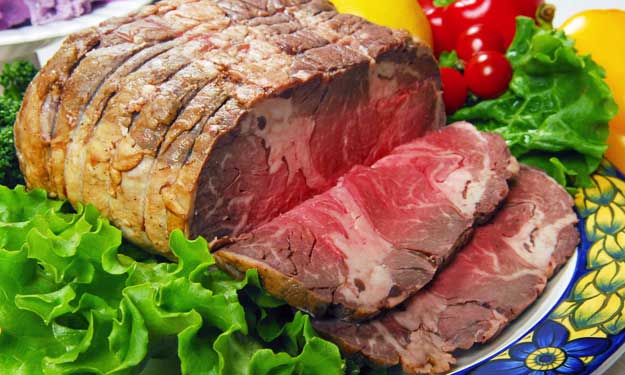An Introduction to Food and Expiration Dates

Food and Expiration Dates, What Do They Mean?
Are you someone who diligently watches the expiration dates on food and other products you have in the house for the safety of your family? It’s OK if you do but – do you really need to worry about these expiration dates?
I don’t like the taste of sour cream, milk or mayonnaise when they’ve been opened and in the refrigerator for too long; and some yogurt products taste sour when opened just slightly past the expiration date, while other yogurts taste pretty good a few days after the expiration date.
I have found that all the above items can last longer than the suggested date on the package if you store them properly. If my refrigerator settings are off a little, the milk won’t last as long, same with the yogurt.
Most meats, for example, lunch meats, ground beef, chicken, steaks, bacon, etc., I find the Sell By and Use By dates pretty accurate. And meats are one of those products that you can visually see and smell if they’ve gone bad.
What are Sell By, Best if Used By, Use By Dates?
Manufacturers put a Sell By date on their products that suggest a date retailers should pull products from the shelf. The Sell By date is determined by manufacturer product testing (various methods that have not been standardized) and used so the consumer can enjoy the quality, flavor and freshness of a product.
The Sell By date does not mean a product is bad after this date; some products will actually remain fresh and good well beyond the Sell By date when unopened.
Best if Used By and Best By dates are there to inform the consumer when to use or freeze an item for quality freshness, flavor, etc.
Some bread when stored properly can have a longer shelf life than the Best if Used By date. Same with honey, some sugars, table salts, cornstarch, vinegar, dry pasta, crackers and chips. Even lettuce can keep longer than the Use By date, eating it when it’s a little wilted is OK just don’t it if it’s started to decay.
Meats, fruits or vegetables frozen before the Best if Used By or Use By date can extend the life of the product.
What Else can Cause Food to Spoil before an Expiration Date?
There are however, circumstances that can cause foods to spoil even before any of the suggested dates on packages. For instance, if you leave a loaf of bread open on the kitchen counter, chances are it will go stale more quickly than if stored properly. Fresh bakery breads may only stay fresh a few days before mold sets in.
Incorrect storage can cause fruits and vegetables to spoil more quickly. I don’t know about you but I like my onions, peppers and celery crunchy not soggy. We typically eat our fruits and vegetables quickly so they don’t tend to spoil before we’ve finished them but there have been times I’ve stored them incorrectly or they stayed in a container too long, but you know what they say …. “Nothing lasts forever”.
That being said I don’t like wasting food. Have you ever tossed out wrinkled tomatoes? I use mine, as long as there is no sign of mold. I’ll throw some in a pan with oil, a little salt and pepper and cook them until they are soft and the skin breaks. Either cooking them in a pan or in the oven brings out the natural sweetness. I add them to other vegetables, eat them as I’ve cooked them, or add them to the pasta sauce, they’re great.
One thing I’ve learned is the Sell By, Use By and Best if Used By dates are suggested dates.
Environmental conditions can make a difference to the expiration of foods. Refrigerator settings, packaging and storage can all make a difference in how well and how long foods can be stored.
If in doubt, toss it out. If unsure or if there happens to be no date – use your eyes and nose. If it looks icky and smells icky changes are it is icky – throw it out.
Similar Articles
Sorry, we couldn't find any posts. Please try a different search.


